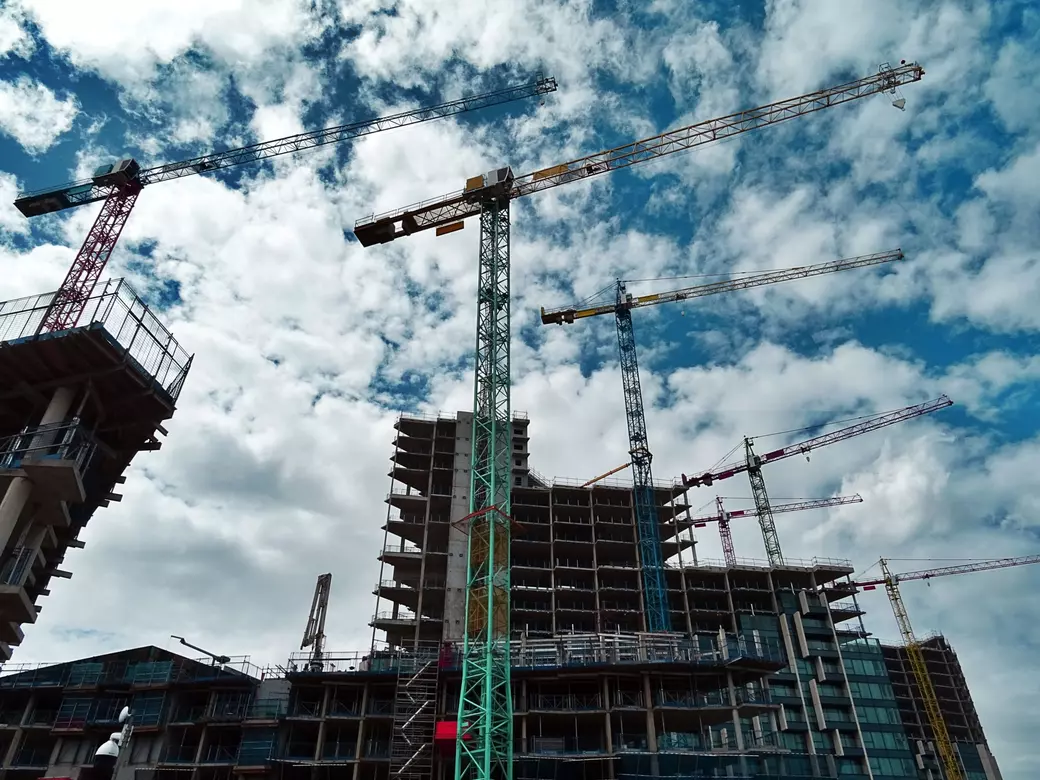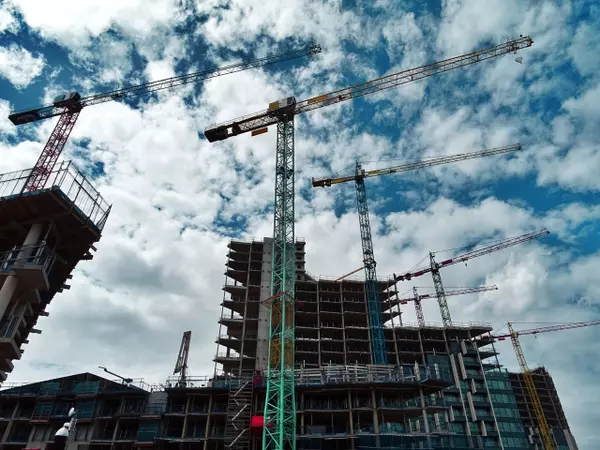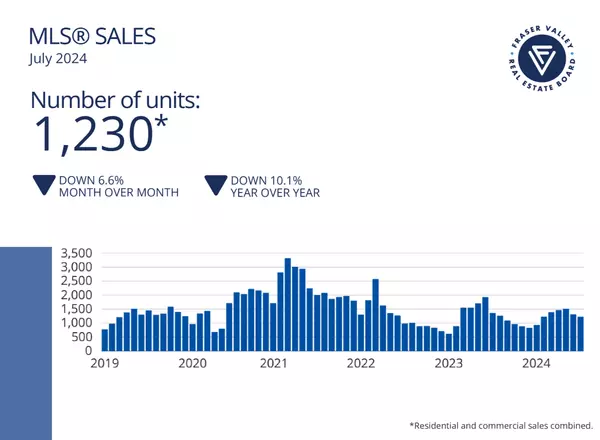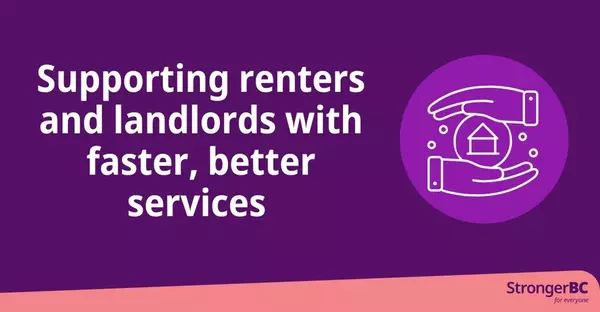What You Should Know When Buying a Presale: A Comprehensive Guide

Buying a presale property can be an exciting opportunity, especially in a dynamic real estate market. It allows you to secure a brand-new home before it's built, often at a lower price than existing homes. However, purchasing a presale comes with unique considerations and potential risks. Whether you're a first-time buyer or an experienced investor, here's what you need to know when buying a presale property.
1. Understanding What a Presale Is
A presale property is one that is sold before the construction is complete, sometimes even before it has started. Buyers purchase the property based on floor plans, renderings, and the reputation of the developer. Presales are common in high-demand real estate markets and offer several advantages, such as securing a property at today’s prices in anticipation of future value increases.
2. The Benefits of Buying a Presale
- Price Advantage: Often, presale properties are offered at a lower price compared to completed homes. As the project progresses and demand increases, prices may rise, potentially increasing the value of your investment by the time the property is ready.
- Customization: Buying early may give you the opportunity to choose finishes, layouts, and upgrades, allowing you to personalize your new home.
- Extended Payment Schedule: With presales, you usually don’t need to pay the full purchase price upfront. A deposit is required, with the balance due upon completion, giving you time to save or arrange financing.
3. Key Considerations Before Buying
- Developer Reputation: Research the developer’s track record. Look at their past projects, check reviews, and speak with other buyers if possible. A reputable developer is crucial in ensuring the project is completed on time and to a high standard.
- Contract Details: Presale contracts can be complex. They typically include clauses that protect the developer, such as the ability to make changes to the design or delay completion. It’s essential to have a real estate lawyer review the contract before you sign.
- Deposit Structure: Understand the deposit requirements. Presales often require a 15-25% deposit, paid in installments over a set period. Ensure you’re comfortable with the payment schedule.
- Completion Date: Be aware that the completion date is often an estimate. Delays can occur due to construction issues, permitting, or market conditions. Plan for potential delays in your moving or financing arrangements.
- Market Conditions: Consider the current and projected market conditions. While buying a presale can offer price advantages, market downturns could affect property values by the time your home is completed.
4. Financing Your Presale Purchase
- Pre-Approval: Get pre-approved for a mortgage early in the process. While you don’t need to finalize your mortgage until completion, pre-approval gives you a clear understanding of your budget.
- Interest Rate Lock: Some lenders offer rate locks for presales, protecting you from potential interest rate increases during the construction period. Speak with your lender about your options.
- Mortgage Qualification: Remember that your financial situation could change between purchasing the presale and the completion date. Ensure you remain financially stable to qualify for a mortgage when the time comes.
5. Risks Involved in Buying a Presale
- Market Fluctuations: Real estate markets can be unpredictable. If the market declines, the value of your presale property could be less than the price you agreed to pay.
- Construction Delays: Delays are common in presale projects, which can affect your moving plans and financing arrangements.
- Changes in Design: Developers may have the right to make changes to the design or materials, which could result in a final product that differs from what you initially envisioned.
6. Your Rights and Protections
- Rescission Period: In some regions, you may have a short rescission period (usually 7 days) after signing the contract, during which you can cancel the purchase without penalty.
- Warranties: Presale properties typically come with warranties that cover defects in materials and workmanship for a specific period. Ensure you understand the warranty terms.
7. Why Location Matters
The location of the presale property is crucial. Consider the neighborhood's development plans, proximity to amenities, and future growth potential. A well-located property is more likely to appreciate in value, offering a better return on investment.
8. Working with a Real Estate Professional
Navigating the presale market can be complex, so it’s wise to work with a real estate agent experienced in presales. They can guide you through the process, help you understand the contract, and negotiate favorable terms on your behalf.
9. Final Thoughts
Buying a presale property can be a rewarding investment, offering the chance to own a brand-new home with the potential for appreciation. However, it’s essential to do your homework, understand the risks, and prepare for possible challenges. With the right approach and professional guidance, you can make an informed decision that meets your long-term goals.
If you’re considering a presale purchase, especially in the Langley, BC area, feel free to reach out for expert advice and assistance. Let’s turn your real estate dreams into reality!
Categories
Recent Posts











